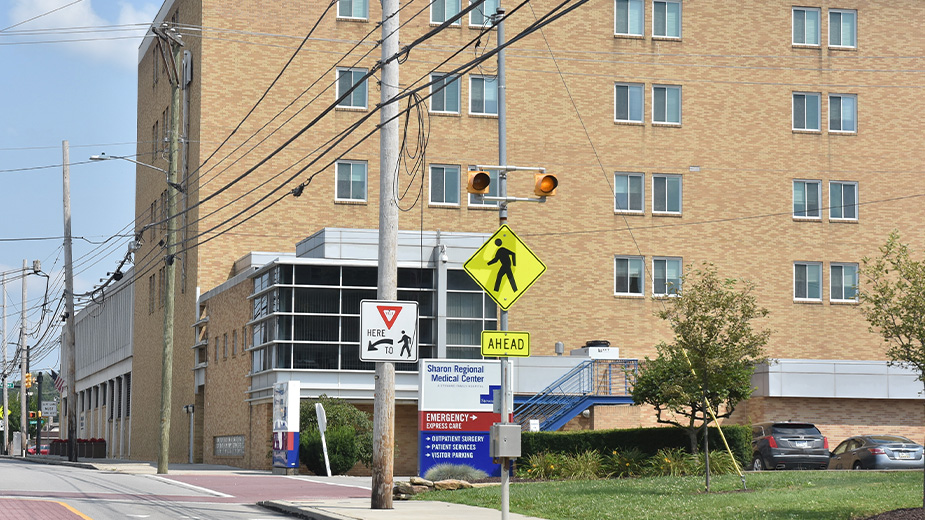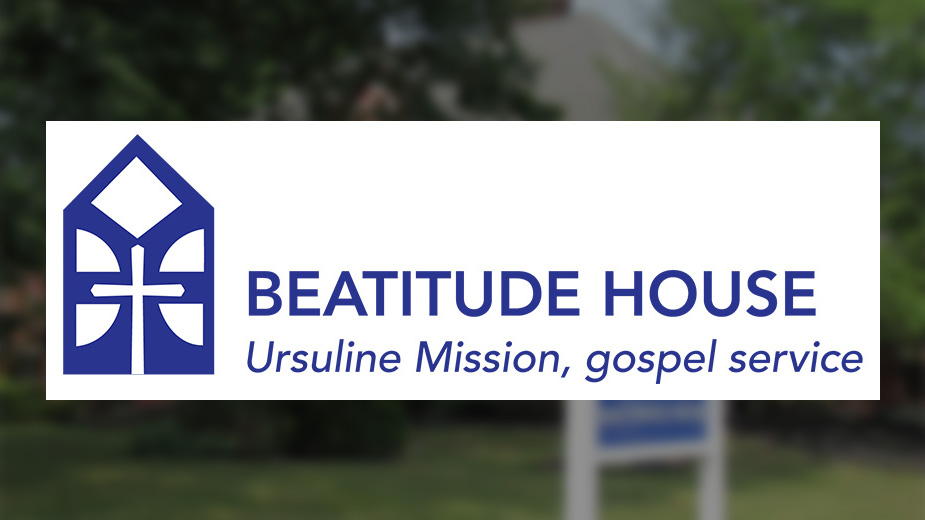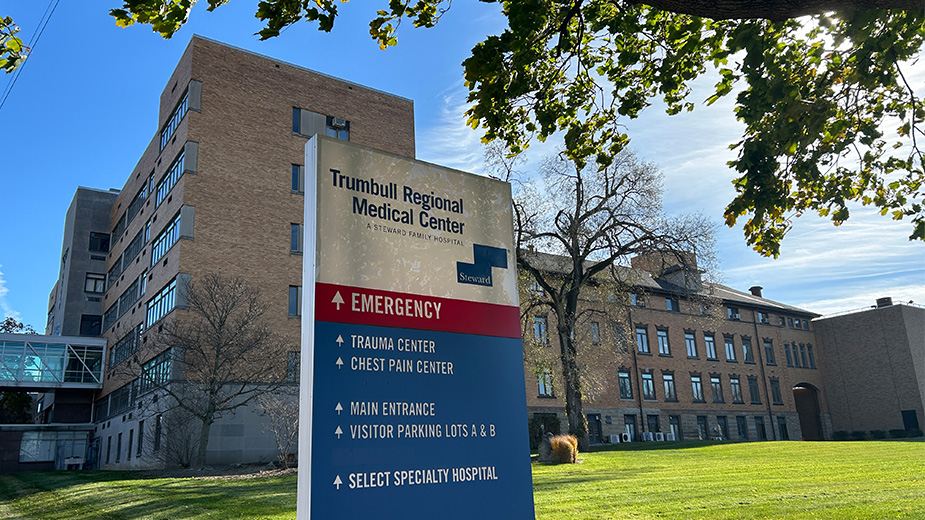When Music Becomes the Best Medicine for Dementia
YOUNGSTOWN, Ohio – You’re riding in your car, the radio playing, when a song comes on that sends you reeling into your past. Perhaps it’s the melody, the harmonies, the arrangements, or lyrics that take you there, recapturing a special moment in your life – a first love, a party, a family vacation – as if it were yesterday.
If music has this effect on the brain, why couldn’t it affect those whose memories are impaired by Alzheimer’s disease or dementia?
That’s the premise of the Music & Memory program, an initiative that uses music as a therapeutic tool to help dementia patients reconnect with their past and improve their focus on the present.
“This is relatively new,” says John Saulitis, state ombudsman at the Area Agency on Aging District 11. “The major push started at the beginning of the year.”
The state of Ohio’s Agency on Aging and the Office of the State Long-Term Care Ombudsman launched the Music & Memory initiative in January. Ohio is the third state in the country to embrace the program, Saulitis says. The goal is to enable 250 nursing homes statewide to become Music & Memory certified this year.
Thus far, at least 19 nursing homes in the region have had staff members undergo training to effect the program, Saulitis says, with 27 agreeing to support it.
An initial grant provided his office with startup kits, Saulitis says. The kits contain five iPods, iTunes cards, headphones and a splitter that can help a nursing home undertake the program. The approach follows the person-centered trend that has dominated the senior care industry the last five years, he adds.
The state and participating nursing centers are asking others to donate their old iPods or digital music players to support the program.
“It’s more than making people happy with music,” Saulitis says. Research has demonstrated that the brain is hard-wired for music. And the program has produced amazing results from those who suffer from acute memory issues such as Alzheimer’s disease and other forms of dementia.
The goal is to reduce the amount of antipsychotic medications administered to residents in Ohio’s nursing home community, Saulitis says. Music, he adds, can have a physiological effect that can reduce the amount of medication used to treat depression and other illnesses. “I’m optimistic that you’re going to see that through this program,” he says.
State law requires that nursing homes undergo a quality improvement project every two years, and the Music & Memory program fits into this category and within the boundaries of the state’s Medicaid reimbursement system.
Most important, he relates, the results are very encouraging.
“I’ve been in this industry for nine years and I’ve never seen anything as amazing and simple as this,” says Holly Herrholtz, marketing director at Signature Health Care of Warren.
Signature Health Care introduced the program last spring after it applied for and received a grant from the state to help with the program. “We’re extremely excited and optimistic about the preliminary results,” she reports.
Initially, Signature started with three elderly residents whom it thought would be good candidates for the program, Herrholtz says. “We’ve now expanded it throughout our community here,” she notes.
One resident, she relates, spent three years in a near-catatonic state. Once music was introduced, the resident became alive and the response was “remarkable,” Herrholtz adds. “The key to it is really trying to find them. Sometimes it takes some trial and error, especially for those who don’t have active family members for a resource.”
Another resident housed for years at Signature presented caregivers with a challenge because he was largely unresponsive to therapies and treatments, Herrholtz says. Once he began to participate in the program, the transformation was immediate.
“We found out he was a big Motown fan,” she says. “Before, people didn’t know how to approach him. Now, you put on the Jackson 5 and he’s showing you his dance moves, talking about his sister and his old friends. It’s like a magic wand.”
Moreover, the therapeutic value of music has displaced the need for medicines that would normally be used to calm the resident or make him less agitated. One resident, she adds, no longer required three of the medications after one month of using the Music & Memory program. “That’s huge from a quality of life perspective,” she says.
Herrholtz says it’s important to do the research necessary to personalize the music so it can directly correlate with moments in a patient’s life. “You have to spend a lot of time figuring out what that is,” she emphasizes. “You have to do the research and find out what’s important to them.”
When that moment occurs, it’s as if the resident’s whole world changes, Herrholtz notes. By the end of this year, she says, the goal is to have iPods or personal music players in the hands of half of the residents at the 150-bed health center.
Pictured: Signature Health Care patient David Clark listens to music as part of the Music & Memory program. With him are nursing aides Tulea Bennett and Kalea Watson, chaplain Mark Mills and nursing aide Mary Lou Dashner.
Copyright 2024 The Business Journal, Youngstown, Ohio.



